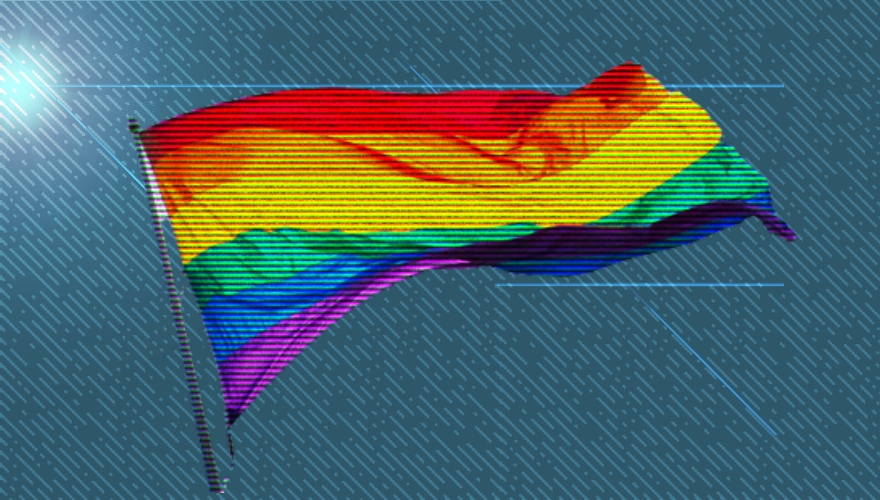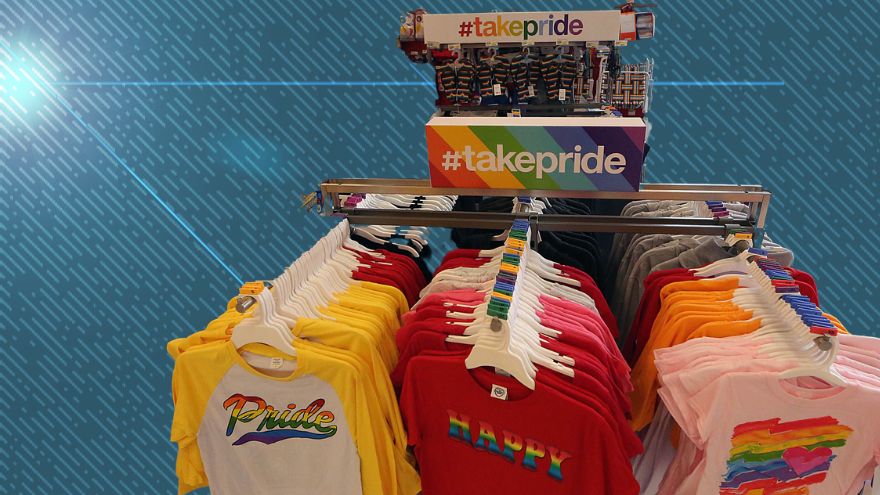During Pride month, in June, LGBTQ influencers typically see a spike in paid online marketing campaigns to promote various companies. This year, however, fewer brands are reaching out for bookings, according to a new report from The Guardian. “I’ve spoken to a lot of my trans friends and colleagues, and we’ve all noticed less brands seeking partnerships and smaller budgets for Pride campaigns,” Rose Montoya, an influencer with more than 800,000 TikTok followers, told the Guardian. “It’s disappointing.” Across much of the U.S., culture war battles over issues surrounding transgenderism and LGBTQ activists have escalated amid a steady flow of online content showing schools holding events that push LGBTQ content onto children. One high school teacher is now facing criticism after video surfaced of her threatening students with Saturday school if they refused to watch an LGBTQ video during what was supposed to be a math class. In school libraries throughout the country, there are graphic books with pornographic themes available for children, while one university just announced it is launching a camp for "youth entering grades 6-8" in order to build "community with other LGBTQ+ and allies your age." As more adult-themed content is being offered to children through marketing campaigns, public backlash has been swift. Following Bud Light’s decision to partner with a transgender influencer, the company’s sales have plunged as a national boycott has resulted in people ditching the nation’s former #1 rated beer. For the four-week period ending May 28, Bud Light took a 23 percent hit compared to the same period the year before (a loss valued at roughly $88.7 million). The popular retailer Target suffered a similar fate after launching a campaign targeting transgender themed clothing to young children. As of June 9, Target’s stock has been downgraded after sales slumped because of a successful boycott of the store. According to RILA Global Consulting, which tracks more than 100 million websites and social media pages per day, last June there were fewer than 400 posts calling for Pride-related boycotts. This year, in May, there were more than 1,500 — a clear sign that Pride 2023, as the Guardian stated, is “turning into a marketing minefield.” “I’m disappointed to see brands caving to bullies,” Montoya said about companies alleged to be flipping on their initial support of the LGBTQ community. “When it comes to Pride, I need to know if a company is doing good in the world and actually showing up for our community. I’m very selective of who I work with, and I need to know that a company is doing good in the world, not just profiting off of us.” Sonia Thompson, a brand coach and strategist, said that “moments like this really showcase the depth of commitment brands have to inclusive marketing.” She added, “The brands that are the most afraid of backlash are the ones that were going at Pride on a pretty superficial level.” Ian Michael Crumm, a New York-based skincare influencer, says he loves the annual June Pride merchandise, “but there is a fine line,” adding that “there are times you can just tell if feels like a money grab.”LGBTQ social media influencers are expressing frustration and disappointment over the outcome of conservative boycotts in the wake of controversies over brands including Bud Light and Target.
Loading...
Loading...
Culture Wars /
LGBTQ Influencers Express Disappointment Over Fewer 'Brands Seeking Partnerships, Smaller Budgets for Pride Campaigns'
Influencers claim the companies are 'caving to bullies'

*For corrections please email [email protected]*
